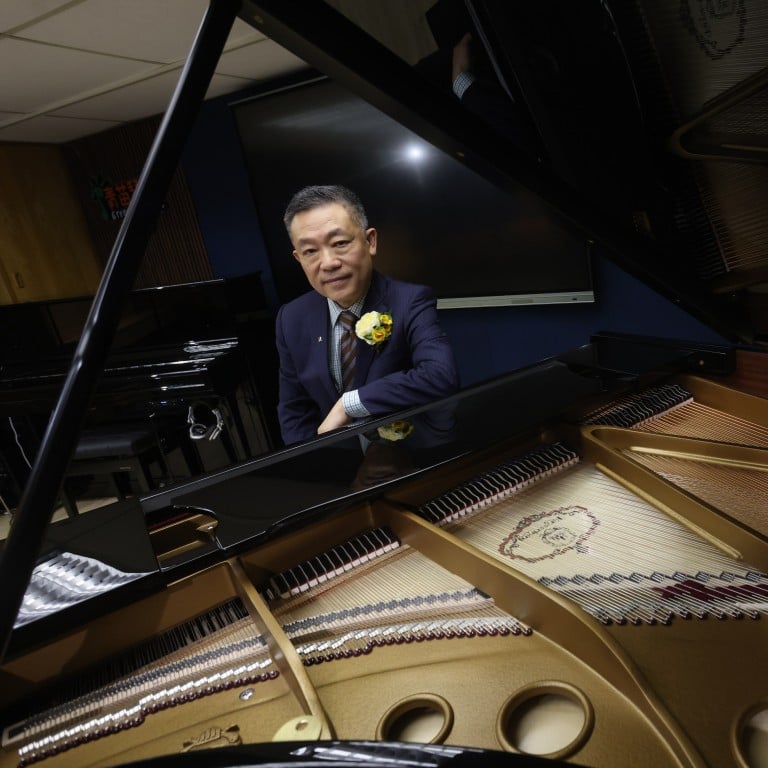
How Chinese piano brand Pearl River is making a play for world domination, looking to rival the likes of Yamaha, Steinway
- With its new Kayserburg brand, Pearl River has created what it calls ‘an ultimate piano’ for the international market, where it is trying to ramp up its sales
- Domestic piano sales in China have plunged since April 2023 because of shrinking numbers of musical instrument learners, one media outlet reports
Unlike long-established piano brands such as Steinway and Sons and Yamaha, the Chinese company Pearl River Piano Group is just beginning to leave its mark on the global market despite having long been one of the world’s biggest makers of the instruments.
The Guangzhou-based company, founded in 1956, has traditionally been able to rely comfortably on its huge domestic market, and Chinese customers still account for 95 per cent of its total sales.
But with growth slowing at home, the company recently hired a marketing specialist to help boost international sales to 30 per cent of its revenue.
The main challenge is to convince the rest of the world that China can make really good pianos. For a long time, Pearl River pianos were synonymous with poor quality; they were low-cost and China did not have expertise in making components such as strings and hammers.
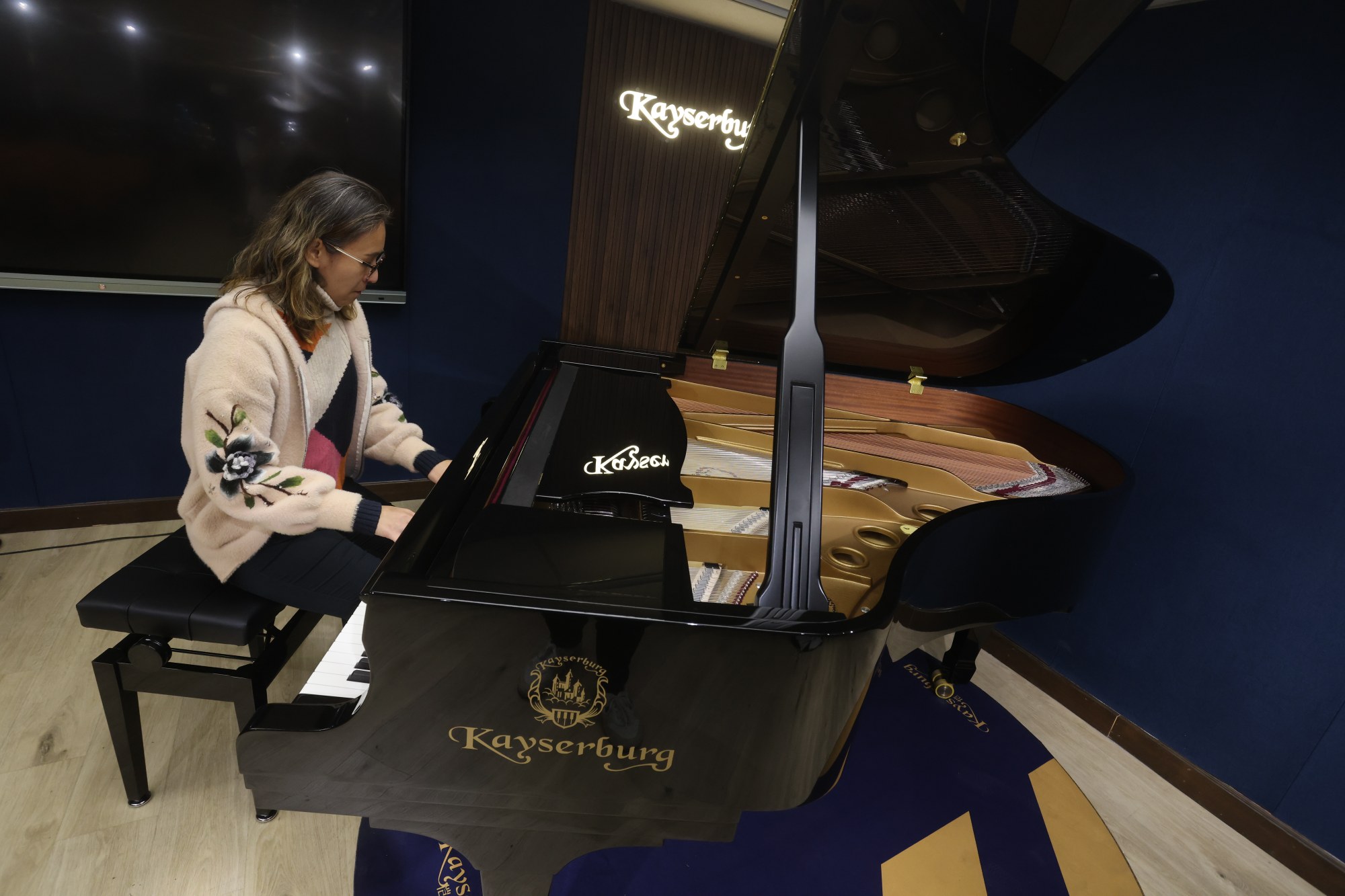
Just as other Chinese companies have done, Pearl River brought in the needed expertise by acquiring a German company.
In 1999, it took over piano maker Ritmüller and began flying over German designers and craftsmen to work at the Guangzhou factory and pass on their knowledge.
China’s passionate about pianos, but not so great at making them
Tshua Leng, Pearl River’s new director of global sales and marketing, tells the Post during a visit to Hong Kong that the company then came up with a new brand called Kayserburg, and began to create “an ultimate piano” for the international market.
“We put everything – research and development – into it,” he says.
It takes 10-18 months to make each Kayserburg piano as there are 12,000 to 18,000 moving parts that need to be put together manually.
On the other hand, Pearl River-brand pianos are mass-produced, with one able to be churned out every two days. Tshua describes these pianos as the “bread and butter” of the firm because it ships 500 to 1,000 of them every day.
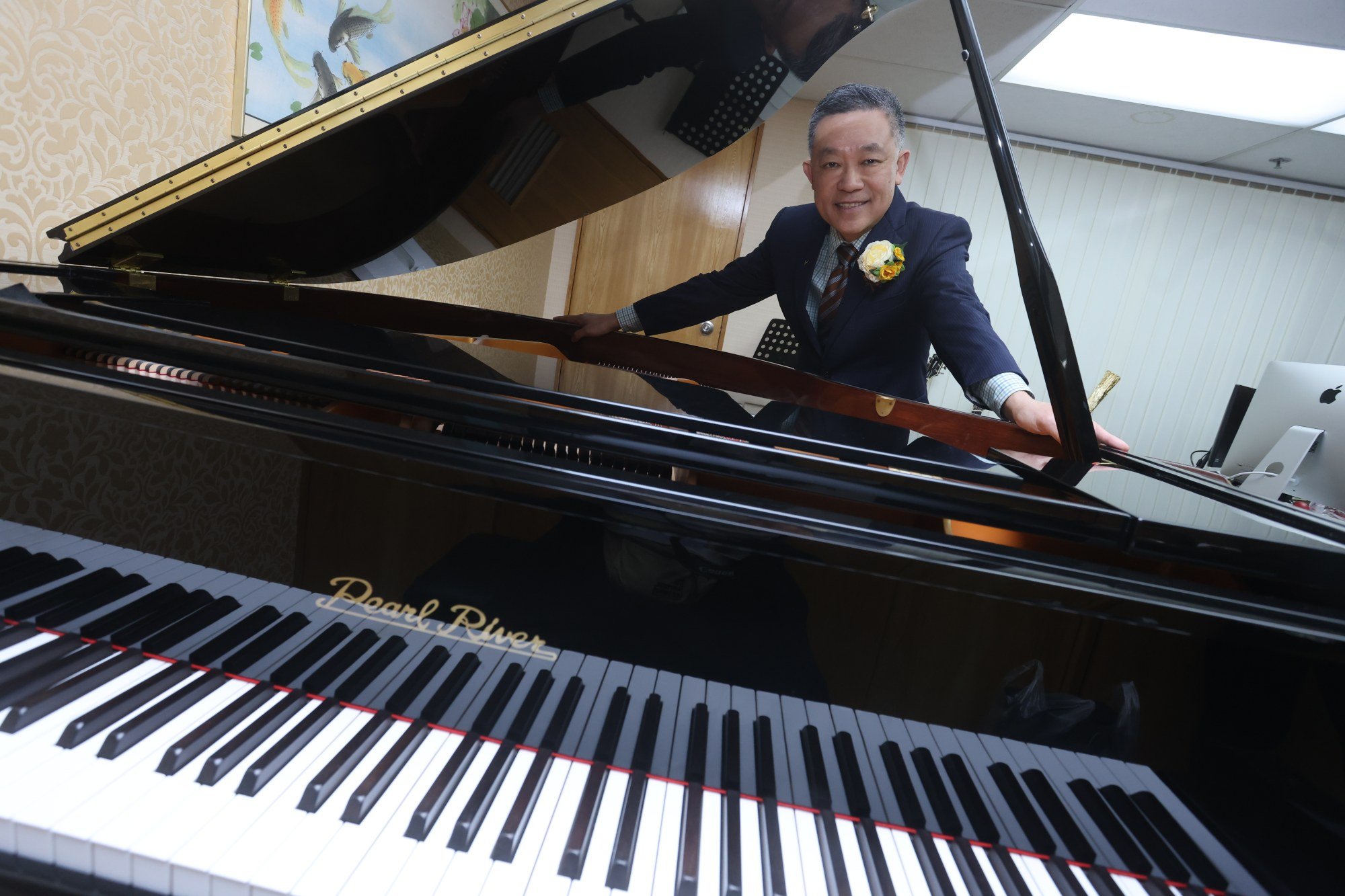
Currently, Kayserburg accounts for 20 per cent of the company’s total production.
Instead of being fully handmade, some components of Pearl River pianos are produced by machines. Upright Pearl Rivers retail for between HK$18,800 and HK$29,800, and grands for between HK$49,800 and HK$69,800.
‘Intimate recital’: cello prodigy Zlatomir Fung on his Hong Kong debut
He was in Hong Kong to open the official Kayserburg recital hall and showroom at Greenery Music in Kwai Fong. On the day, 80 guests came to try out the Kayserburg models.
Hong Kong is an important market for Pearl River’s international push, says Calvin Wong, Greenery Music’s managing director.
“Hong Kong is the largest international metropolis near the Pearl River Kayserburg piano factory and it has one of the highest densities of piano learners in the world.”
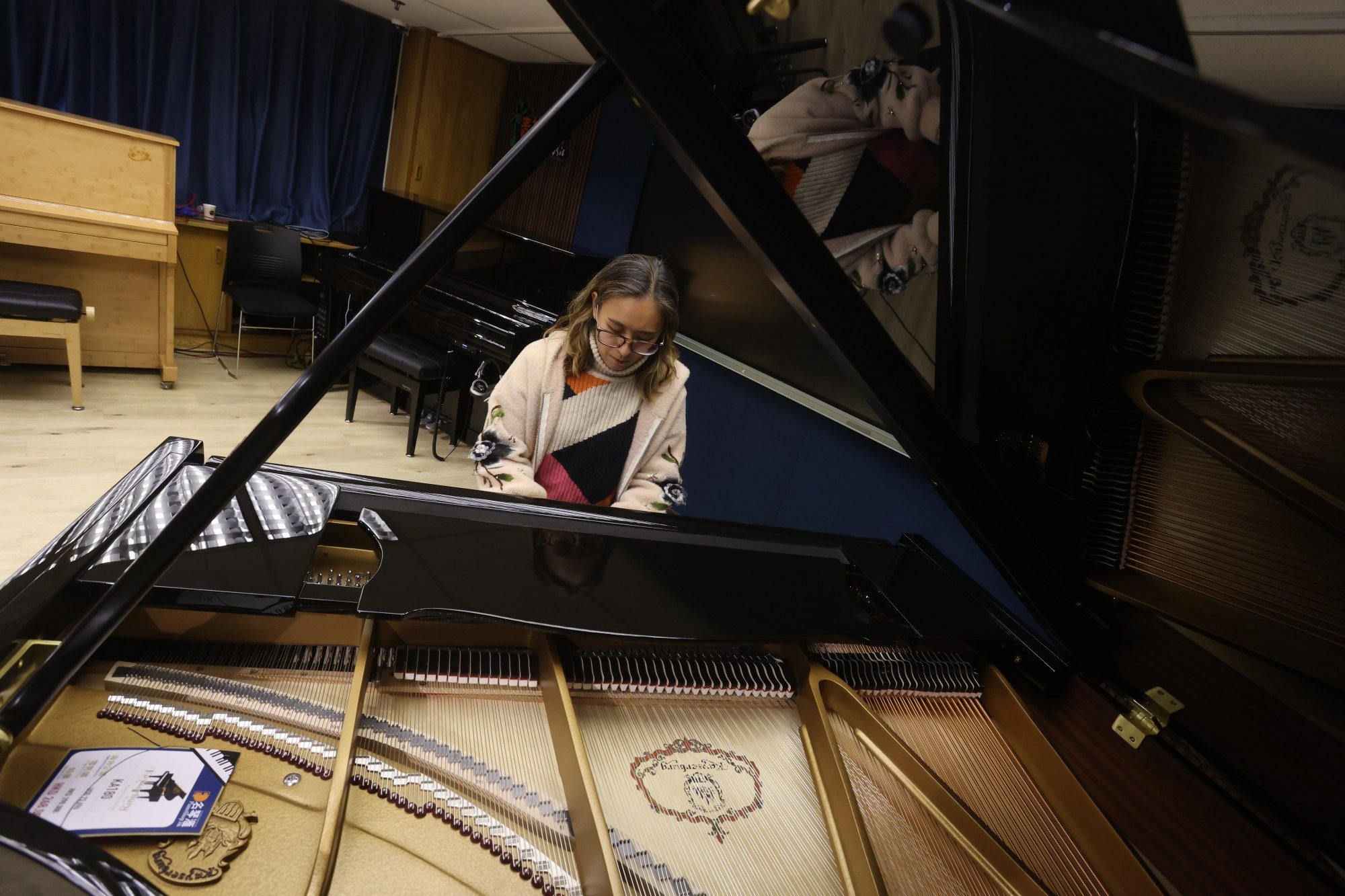
We decided to give the top-of-the-line upright model a go. It had a different sound quality when compared to a Pearl River upright, producing bright, silky notes with each hammer giving a balanced strike of the string. The more basic Kayserburg upright gave a relatively weak and muffled tone.
Compared to other piano brands, which for the most part were established in the 19th century, Pearl River is still relatively young.
But it has grown fast. Now, it can source all the raw materials within China and has 3,000 workers assembling pianos in its factory.
He’s like a K-pop idol for classical music fans – meet Danny Koo
In 2019, the company completed its move into a 3.2 million sq ft (300,000 square metre) facility that enabled it to “produce everything vertically”, according to Tshua.
“We have learned … how to install [pianos] for the past 15 years [so] we know how to actually make them in-house with the same or even better quality,” he says.
He adds that the manufacturer can currently make “a German piano” in Guangzhou “from top to bottom”.
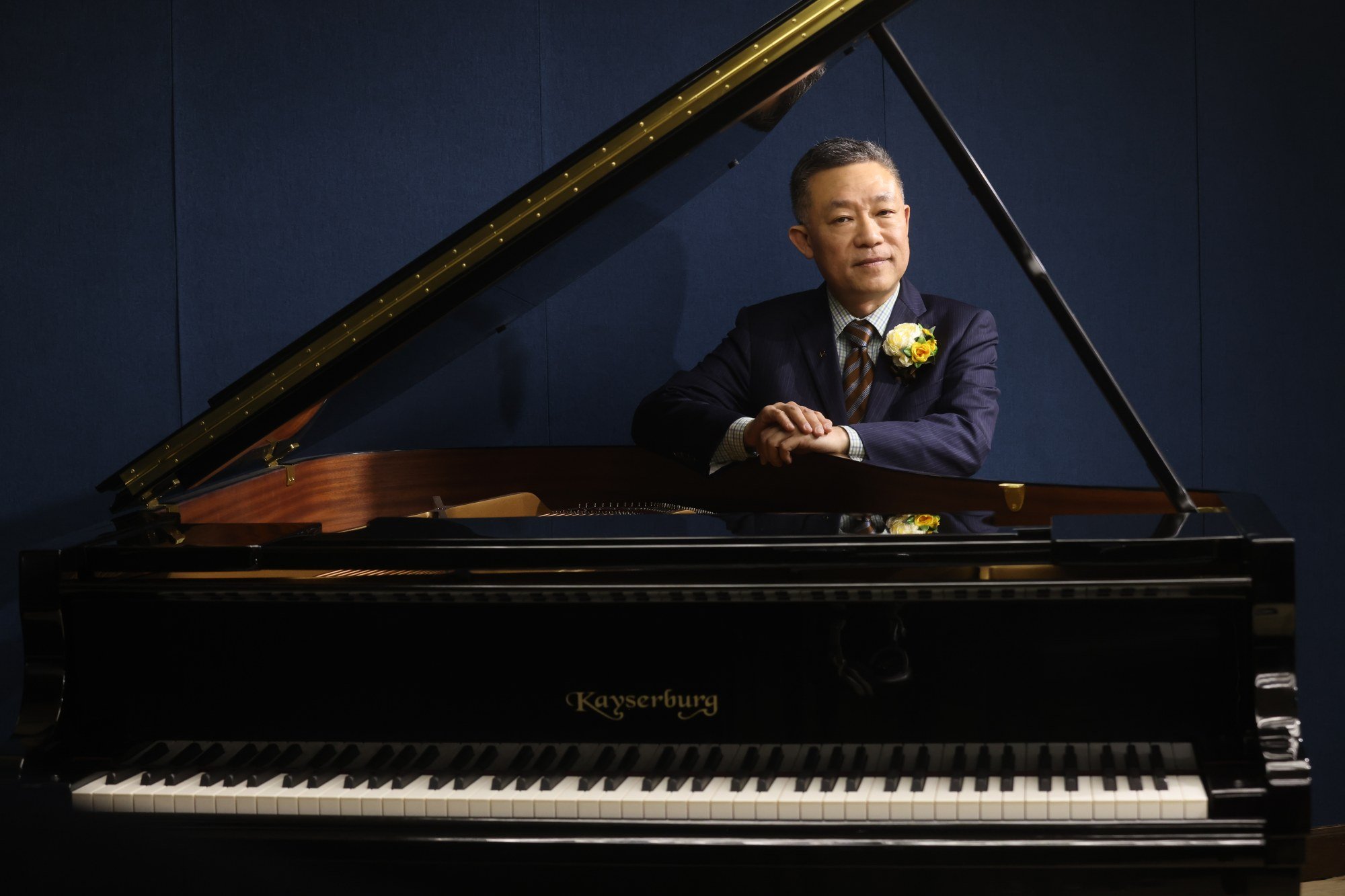
Despite its aggressive overseas development, the manufacturer’s 2023 revenue dropped 32 per cent year-on-year to 1.13 billion yuan (US$160 million), and its profits plunged 95.2 per cent to 60 million yuan.
Mainland Chinese media outlet The Cover recently reported that overall domestic sales for the piano industry had plunged since April 2023 because of the “largely shrinking” numbers of musical instrument learners.
The drop, it said, was because of a sluggish economic recovery in the wake of the pandemic.
Chinese pianos have lost ground in the global market
In addition, in January, Beijing changed its policy so that students with artistic skills are no longer given extra credit for school admissions – which further discourages parents from spending on extracurricular musical education.
Joe Zeng, co-founder of a music academy in Guangzhou, says sales of pianos “are indeed sliding” because the number of children who choose to learn the instrument is decreasing.
To retain customers, his music academy will not raise lesson prices this year.
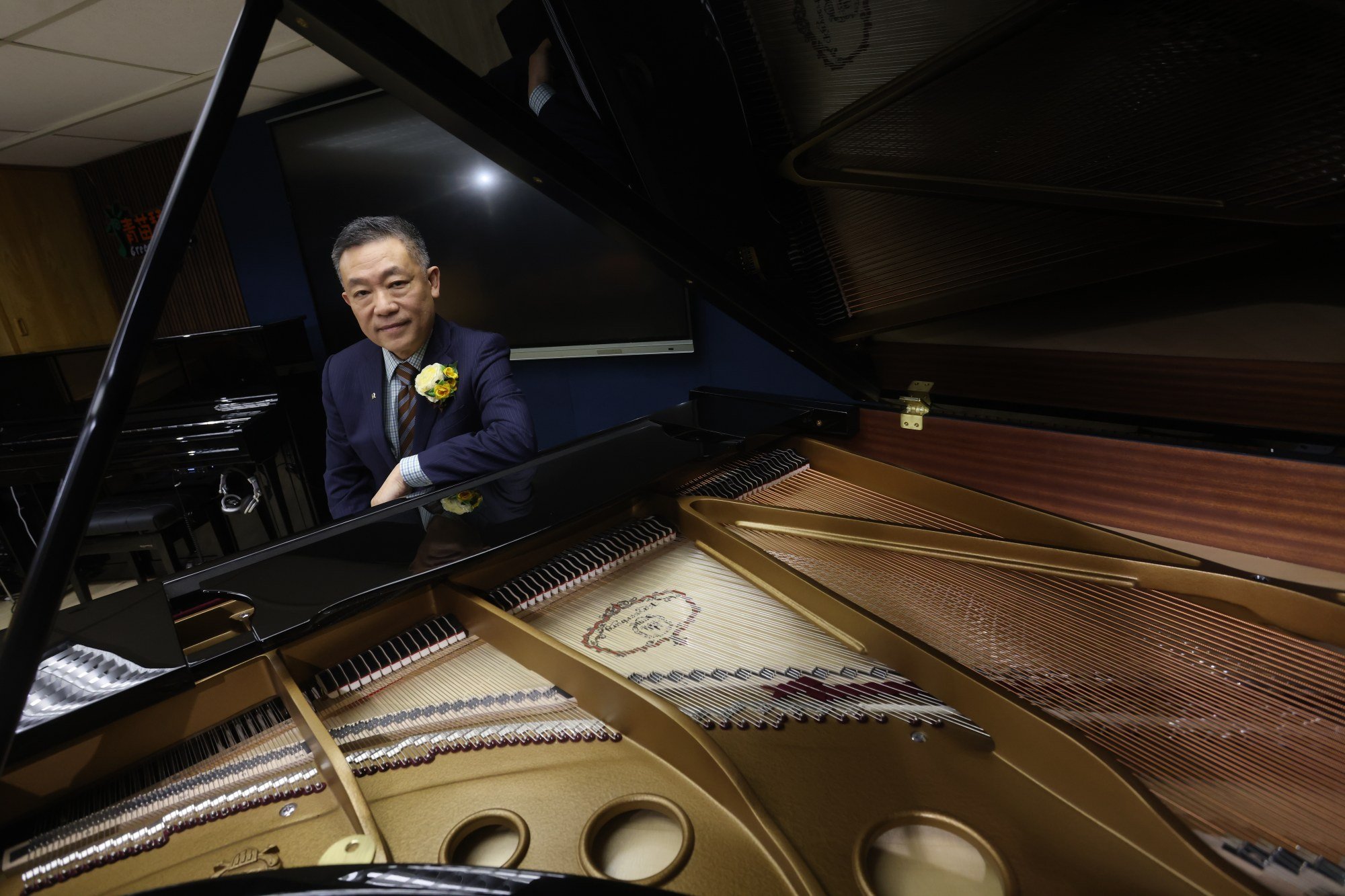
Responding to the decline of the piano market in China, Tshua says that Pearl River “is not the only one being affected”.
“China’s domestic economy is going through a major adjustment … however, we expect recovery in the near future,” he adds, without directly responding to the question of whether his company’s aim to boost overseas market share is related to the declining interest in pianos in the Chinese market.
Brian Majeski, editor of the US-based magazine Music Trades, says Chinese pianos have also lost ground in the global market in recent years because of US import tariffs and disrupted supply chains that have led to “wild quarter-to-quarter swings in piano export volumes”.
“In export markets, Chinese pianos have been sold entirely on price/value … I have no doubt that Chinese manufacturers will be able to craft instruments of exceptional quality,” he says.
But when putting the global competition into the perspective of “developing brand prestige”, Majeski says the process “will be more challenging”.
“Steinway in particular has a rich legacy that dates back almost to the beginning of the romantic virtuoso pianist,” he says. “Matching that type of history would be difficult for any newcomer.”

